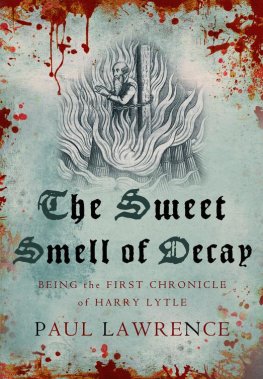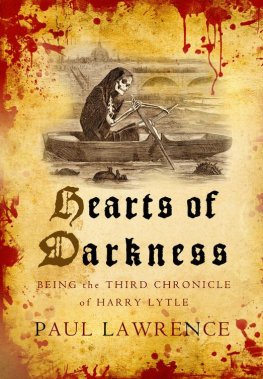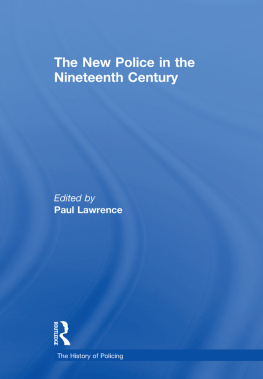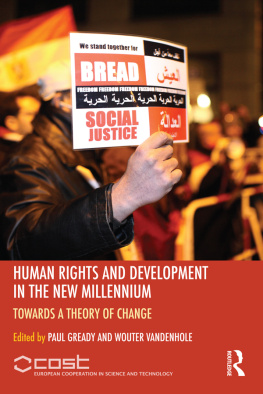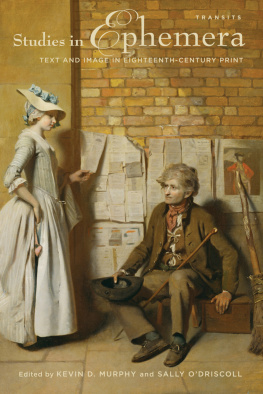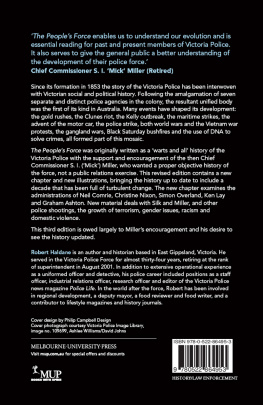First published 2014 by Pickering & Chatto (Publishers) Limited
Published 2016 by Routledge
2 Park Square, Milton Park, Abingdon, Oxon OX14 4RN
605 Third Avenue, New York, NY 10017, USA
Routledge is an imprint of the Taylor & Francis Group, an informa business
Copyright Taylor & Francis 2014
Copyright Editorial material Robert M. Morris 2014
To the best of the Publishers knowledge every eff ort has been made to contact relevant copyright holders and to clear any relevant copyright issues. Any omissions that come to their attention will be remedied in future editions.
All rights reserved, including those of translation into foreign languages. No part of this book may be reprinted or reproduced or utilised in any form or by any electronic, mechanical, or other means, now known or hereafter invented, including photocopying and recording, or in any information storage or retrieval system, without permission in writing from the publishers.
Notice:
Product or corporate names may be trademarks or registered trademarks , and are used only for identification and explanation without intent to infringe.
british library cataloguing in publication data
The making of the modern police, 17801914. Part I.
1. Police Great Britain History 19th century Sources. 2. Police Great Britain History 18th century Sources. 3. Police Great Britain History 20th century Sources.
I. Lawrence, Paul, editor of compilation. II. Dodsworth, Francis editor of compilation. III. Morris, Robert M. editor of compilation.
363.2094l-dc23
ISBN-13: 978-1-84893-371-2 (set)
Typeset by Pickering & Chatto (Publishers) Limited
DOI: 10.4324/9781003112921
ACKNOWLEDGEMENTS
I would like to record my particular gratitude to Paul Lawrence for his support and help in the evolution of this volume. Moreover, I welcome this opportunity also to thank Clive Emsley, Chris Williams and other staff and colleagues at the Open University History Department and at what is now the International Centre for the History of Crime, Policing and Justice for their friendship, encouragement and challenge for over more than a much enjoyed decade. Finally, I should add my appreciation to all those police officers and police staff high and low who have over a working lifetime contributed to my understanding of their service and to my regard for its members.
INTRODUCTION
The creation of a permanent, bureaucratic, uniformed and stipendiary constabulary on an avowedly preventative model throughout the United Kingdom was arguably one of the most significant achievements of the British state in the nineteenth century. It was not a unique achievement since other European states also established permanent policing systems of their own, the form and character of which varied according to local, especially political, circumstances.1 If not absolutely the first, it was palpably different from what had gone before.
This introduction attempts to analyse the circumstances unique to the changes that occurred in England and Wales, illustrated by way of the more detailed contemporary materials that follow. It argues that the changes in policing reflected larger long-term changes in the governance of the United Kingdom as a whole. What had for centuries been regarded as a local, and locally funded, responsibility became one where the intervention of central government, and concomitant central funding, became increasingly dominant. The process was anything but linear or planned. Rather, outcomes were the product of a complex, stuttering and contested interaction between old forms of government and experiments with new ones. Policing was an early harbinger of a general adjustment which later included other social policy areas such as poverty relief, education and health in outcomes of asymmetrical provision. Because it was in London that the old forms of governance were most challenged, London by and large led the policing changes that occurred.
1800: The Politics of Policing


